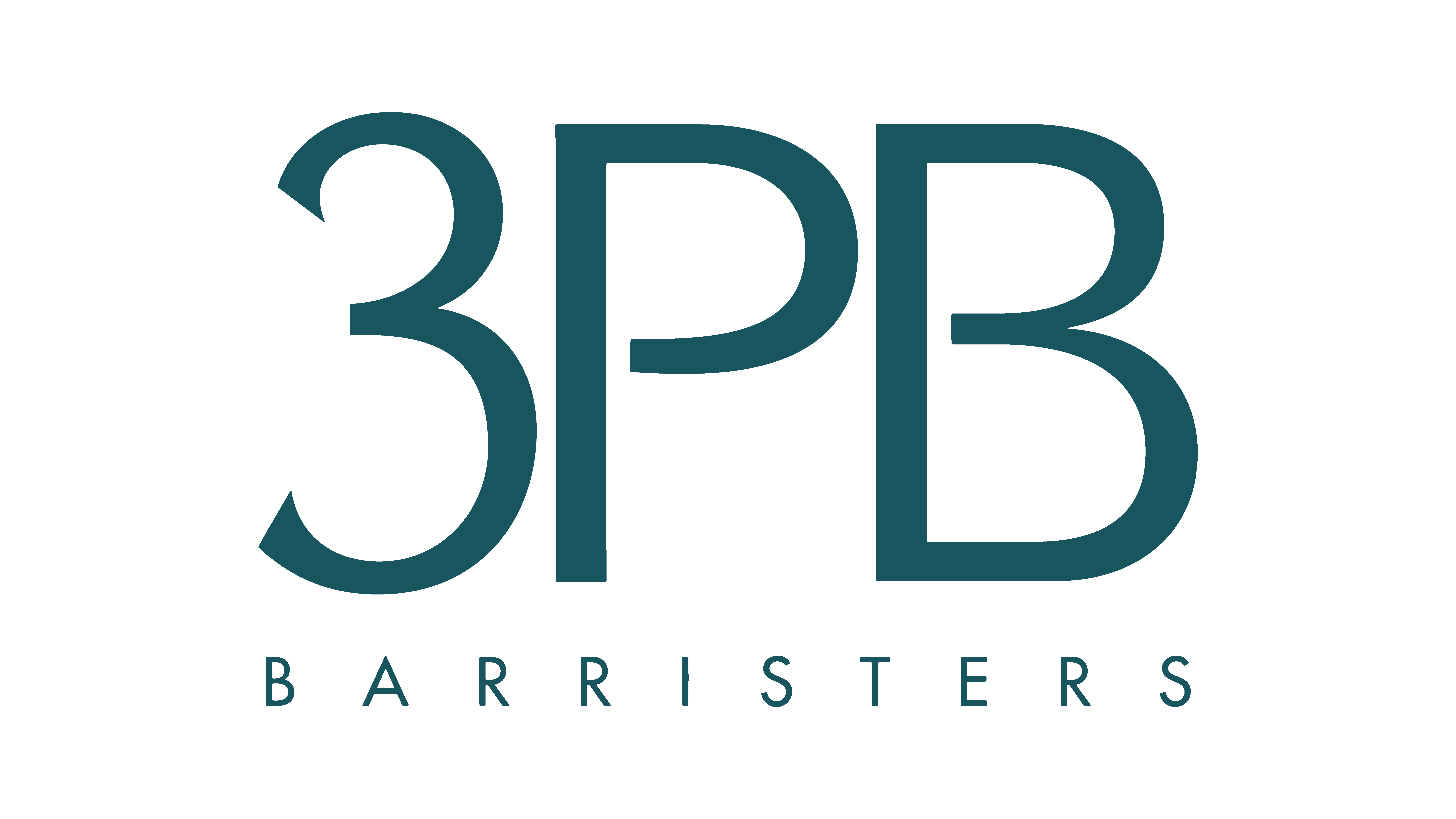Knowledge Hub
Join the Conversation!
Impartial and independent, ThoughtLeaders4 Disputes Knowledge Hub hosts cutting edge industry content and insight.
Email maddi@thoughtleaders4.com to submit content.
Part 36 and Its Application To Probate Claims: Clarification Provided
Date: 07/03/2024 Type: Articles Topic: Private Client | Trusts | Wills and Estates | Inheritance | Next Generation Wealth | Investment and HNWI’s | Tax |“Although Part 36 primarily functions in money claims it is capable of operating in other claims and it would be wrong to give its terms a narrow reading that limit its effect when the CPR encourages parties to use its provisions to resolve claims. In that sense probate claims are no different to other litigation before the courts. There is however a difference in the steps that must be taken upon terms having been agreed.” – Master Marsh, September 2023
Perhaps the most well-known rule in the ever-changing world of costs is that generally, costs follow the event under CPR 44.2(2)(a). This is very much a starting point, given the Court’s power ‘to make different order’ under CPR 44.2(2)(b), but overall there normally needs to be good reason not to adhere to this general rule. In principle, this applies to contentious probate proceedings as well, namely that costs should be borne by one or more of the involved parties rather than the estate. However, there are three main exceptions to this:
- CPR 57.7.5(a) whereby a party can require a will to be proved without advancing a positive case and ‘the Court will not make an order for costs against him unless it considers that there was no reasonable grounds for opposing the will’ [CPR 57.7.5(b)]
- Where the testator or residuary beneficiaries have been the cause of the litigation (Spiers v English [1907] P 122)
- Where neither the testator nor the residuary beneficiaries are to blame for the litigation, but circumstances lead reasonably to an investigation of the matter (Spiers v English)
Additionally, Part 36 has perhaps not been as useful a tool in contentious probate as it can be in other areas of mainstream litigation, because most cases of this kind are either won or lost outright, or because the provisions of Part 36 are not entirely on all fours with Part 57, namely how a probate claim is disposed of once settlement is reached. However, in the recent case of Jones v Tracey & Ors (Re Costs) [2023] EWHC 2256 (Ch), Master Marsh rejected the supposition that Part 36 should not apply to probate claims and provided useful clarification and forewarning for practitioners.
Background
The Deceased, Mr Turner, had made a will in 2013 favouring his close friend Mr Jones, the claimant. The original will could not be found in the 4 years following his death and the grant applied for was based on a copy the Deceased had kept in his papers. The Defendant’s sister, Ms Cano, entered a caveat. She would benefit under the intestacy rules if the Will was treated as having been revoked. Master Marsh granted probate in favour of Mr Jones, ruling that the presumption of revocation of the Will had been successfully rebutted, based on the evidence presented to the court of the Deceased’s intentions at the time of making the Will in the form of the solicitor’s notes and copy will, his estrangement from his sister and his closeness to Mr Jones and his family.
Mr Jones, as the claimant, sent a pre-issue Part 36 offer just two months after the letter of claim, which was rejected by Ms Cano, the Third Defendant. Specifically, Mr Jones offered Ms Cano £5,000 in return for her removing the caveat. Ms Cano argued that the Part 36 offer was of no effect for two reasons:
- If a part 36 offer was accepted, then the claim will be stayed (CPR 36.14(1). The offer having been made prior to issue, there was no claim to stay and an essential step was an application to the Probate Registry to deal with the application for a grant. Furthermore, a stay in proceedings in this type of claim (when issued) would leave the estate in limbo.
- Paragraph 6 of PD 57 deals with the ways in which a probate claim is disposed of when the parties have agreed how to settle the claim. The Defendant sought to rely on this in the period after the issue of the claim, citing that it does not deal with Part 36 offers.
Master Marsh rejected both of these arguments. He acknowledged that there are nuances to probate claims that mean they are not necessarily as clearly afoot with Part 36 as other money claims, but was clear that part 36 could apply to them. He dismissed the suggestion that acceptance of an early pre-issue Part 36 offer was outside of the provisions of Part 36. He accepted that it was unsatisfactory to leave an estate in limbo if proceedings were stayed but was clear that there were still avenues available to properly dispose of a probate claim and that practitioners should consider Part 36 alongside Part 57. Their aims are not inconsistent, the former seeks to provide a mechanism for making offers that have specified interest and costs consequences whilst the latter seeks to ensure that an estate can be administered. Specifically, Part 57 does not disapply Part 36 (as it does Part 38 for example). The case provides clarification that practitioners and the court should apply Part 36 and Part 57 together, as in conjunction, they ensure that offers to settle with specified costs consequences could be dealt with and an estate can be satisfactorily administered.
Ms Cano was ordered to pay indemnity costs following the expiry of the relevant period of the Part 36 Offer, interest and 10% of the assessed costs as an additional sum.
Final Thoughts
Parties involved in probate disputes should consider carefully any Part 36 offers made (or indeed making an early and reasonable Part 36 offer) in probate claims as they would in any other claim and be very clear, that Part 36 applies in probate claims and its consequences will be applied.
For further information on this topic, please contact Martha Allen (martha.allen@hilldickinson.com).
Author
Martha Allen - Hill Dickinson LLP
Our Disputes Corporate Partners























